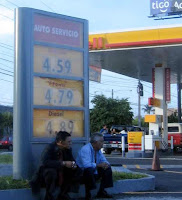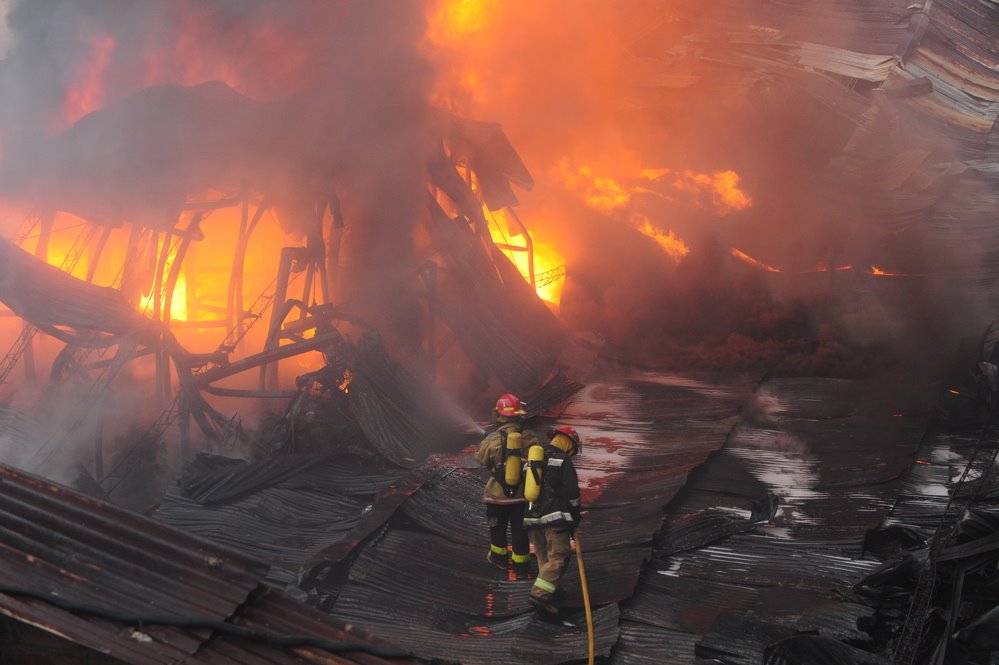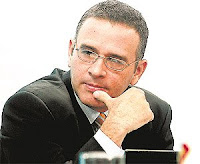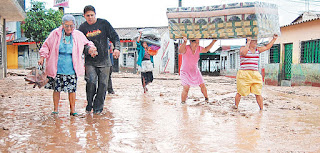Not your father's FMLN
I was struck by how Mauricio Funes and the FMLN are reaching out to business as demonstrated in a recent press release on the FMLN web site: On his arrival in Los Angeles Funes ... will meet with senior representatives of a well known business with a presence in all Latin America. The agenda of the presidential candidate includes on Thursday a meeting in the Biltmore Hotel with more than a hundred leaders of the Salvadoran community in the United States, businessmen, professionals and some Latin American diplomats....In recent months the presidential candidate has had numerous meetings with small medium and large businesses, to whom he has transmitted his message of certainty. Many of them have already expressed their support. That's a far cry from the rhetoric of the orthodox old guard who ran the presidential campaign of Schafik Handal in 2004. The Los Angeles Times added to recent attention being paid to Funes by the US press as it covered Funes visit to the California ci...




